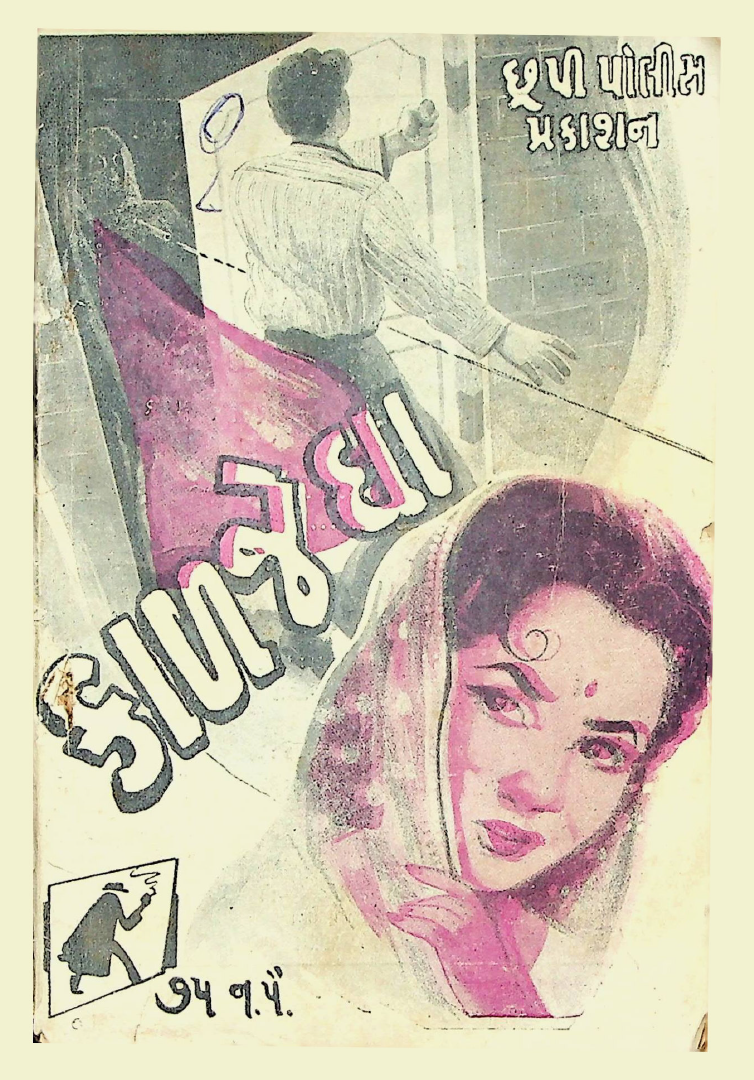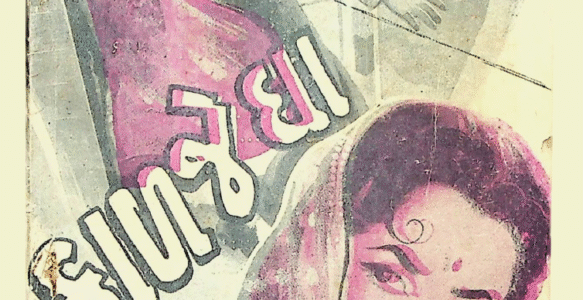GujariBāzār is the digital aspect of a larger, book-length research project that I carried out as part of my postdoctoral fellowship in English and Writing Studies at Western University, Canada.
The word “Gujari” [pronounced as /ɡʌjæri/ (GUU-JAH-REE)], an earlier form of the Gujarati language, roots the portal in the linguistic and literary heritage of Gujarat. By invoking Gujari, the title gestures toward the evolution and history of the Gujarati language. In the context of this portal, bāzār, which means ‘a marketplace’, signifies the vibrant ecosystem of Gujarati crime fiction.
GujariBāzār also refers to the informal, second-hand markets held in cities like Ahmedabad, Vadodara, and Surat. These markets, also sometimes called ‘chor-bāzār’ (theft market) because of stolen goods sold there at cheap prices, are known for selling old books, especially dog-eared pocket-sized thrillers, mysteries, and detective stories, many of which form the core of regional crime fiction in India. For generations, these spaces have been gateways to affordable literature and pulp fiction, and they hold a nostalgic charm for readers. It was in GujariBāzārs where, in my early teens, I bought my first Kanu Bhagdev and Sidney Sheldon, my first Harkisan Mehta and James Hadley Chase. The project is also a homage to this subculture of street literature and reading for the masses.
Crime fiction in Gujarati, much like in other Indian languages, has thrived in the popular sphere—circulating as pocketbooks, serialized magazines, and self-published thrillers. GujariBāzār embraces this aesthetic, celebrating the pulp, the popular, and the vernacular. This digital portal is the first-ever curated space where Gujarati crime fiction, otherwise ignored in critical scholarship, forgotten in archives, and never supported or patronized by literary institutions in Gujarat, is collected and studied via digitized books, book covers, research, and author biographies.

